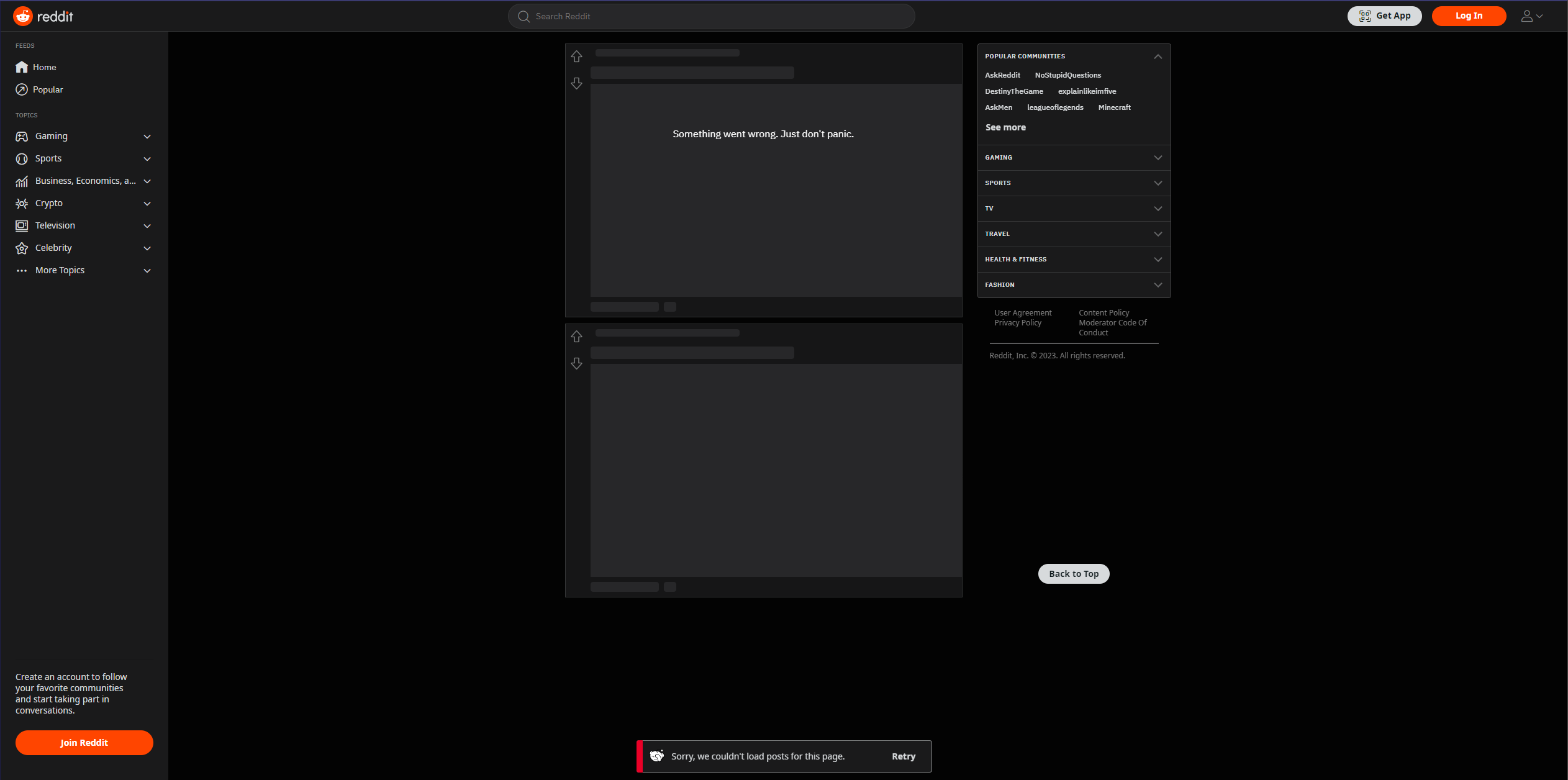(They/Them)
This is my main lemmy account.
Admin of lemmy.cloudhub.social
I can also be found elsewhere on the fediverse at @jax@cloudhub.social
- 9 Posts
- 70 Comments
Just because it’s not public facing doesn’t mean that it’s not an issue. It might be less of an issue, but it is still a massive vulnerability.
All it takes is one misconfiguration or other vulnerable system to use this as a jumping off point to burrow into other systems. Especially if this system has elevated access to sensitive locations within your network.
Your best bet is going to be a 4U chassis. You can get 2U chassis with consumer PSUs, but they are going to be more expensive and very limited in terms of parts that will work. You can easily find 4U chassis that support regular ATX internals with proper mounting holes for the PSU and mobo standoffs.
There are some small SuperMicro servers that use Xeon-D (I think? Very low power Xeons that are passively cooled), but you’re pretty vendor locked in with those.
Do not use external drives for this. TrueNAS doesn’t support it, and you’ll be limiting your speeds to that of the USB bus, which is not nearly as fast. Pointless going SSDs if you are using external drives.
… how the hell have I never heard of this?
I don’t think it’s worth the devs’ time to implement e2ee for DMs, there are lot of other things that need to be fixed first. Not only that, but if it’s implemented in Lemmy, it’d make Lemmy non-interoperable to DM users from other federated platforms such as Mastodon or KBin. Which, I’m not sure works right now, but in theory would be possible.
Also, yes, that is generally the case.
I highly doubt it will, there are many much better solutions available, and as it says when DM’ing someone, you can you Matrix for e2ee. In fact, there is even an option in the profile settings to provide your Matrix username.
Implanting e2ee within DMs is massive scope creep and also really difficult to do properly.
The general rule is basically “never implement your own encryption/security, just use what’s already been implemented by people who actually know encryption/security”.

 3·1 year ago
3·1 year agoMy instance has a couple users currently lol

 2·1 year ago
2·1 year agoYes, I am significantly more active here than I was on Reddit (at least recently, my decline on posting/commenting on Reddit started a few years ago).
 1·1 year ago
1·1 year agoYou’d have to talk to the your instance admin, they should be able to go into the database and fix your account.
 1·1 year ago
1·1 year agoI changed Kubernetes’ coredns config to forward *.sendgrid.net to 1.1.1.1 rather than my internal Pi-Hole servers, which did seem to help a bit.
Haven’t tried since updating to 0.18.0, so it could be an internal issue as well.
 1·1 year ago
1·1 year agoI’m using Kubernetes, not docker compose, so this doesn’t exactly apply to my implementation.
 1·1 year ago
1·1 year agoMy problem with email was a transient issue in resolving “smtp.sendgrid.net” inside my Kubernetes cluster.
I think setting up a relay would resolve the issue for me, but I’m not sure.
Saying that, I thought I had resolved the issue, but I didn’t get an email notification for your reply. I don’t think my SMTP issues are fixed lol.
 1·1 year ago
1·1 year agoAwesome, that’s super helpful, thank you!
I guess I’ll also look into an SMTP relay. That could be useful I guess.
 3·1 year ago
3·1 year agoWhat’s the sql query you are using? And which table do you remove them from? (Looks to me they show up in multiple tables)
 2·1 year ago
2·1 year agoOn top of this, would manually deleting the user from the database be a good idea? I’m assuming not.
I use Cloudflare for TLDs they support, and Namecheap for everything else. Though, I use Cloudflare’s DNS services for all domains.

 3·1 year ago
3·1 year agoThe other point is, how do you know which instances to go after to delete any content anyways? I think there is a way to see a list of federated servers, but there’s no way to know which has your data.
In theory you could send a takedown request to each of them, but that doesn’t seem helpful
I wonder if this is intentional on their part?

 3·1 year ago
3·1 year agoReddit as a whole appears to be down right now lol






Desktop: Windows XP
Linux: Probably Raspbian on a Pi 2 b
Tech has come a long way since then lol